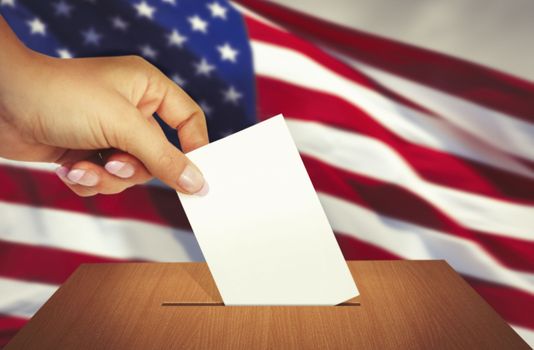“Voter Fraud” and Federal Crimes Regarding Elections
Voter fraud is widely misunderstood. During certain times of year when political campaigns are in full swing, you tend to hear about the same topics over and over. One of those topics is election fraud. Election fraud does happen, but often it is not what people think it is.
Even though we hear a lot about “voter ID laws” and “voter fraud,” the fact of the matter is that the “problem” that these topics purport to address doesn’t really exist. Rarely do people vote more than once, or fake an identity just to vote, or engage in other equally nefarious activities. More often, the political push toward implementing stricter voter ID laws stems from a desire to discourage certain groups from voting. In this blog, we will talk a little about some laws with regards to voting, and we will try to do so in a manner that does not get too political.
As usual, this blog is intended for informational purposes only and would be a poor substitute for the advice and counsel of a criminal defense lawyer. Additionally, nothing in this blog is intended to assert a political opinion.
Federal election and political activities
At the federal level, there are very few crimes that specifically cover voter fraud. Elections and political activities are covered under 18 U.S. Code chapter 29, and that mainly covers other political activities and only very few provisions for voting, that we will describe below.
Intimidation of voters
18 U.S. Code 594, makes it a federal crime to intimidate voters. Under this law:
- “Whoever intimidates, threatens, coerces, or attempts to intimidate, threaten or coerce, another person for the purpose of interfering with the right of such other person to vote or to vote as he may choose, or of causing such other person to vote for, or not to vote for, any candidate for the office of president or vice president, presidential elector, member of the senate, member of the House of Representatives, Delegate from District of Columbia, or Resident Commissioner, at any election held solely or in part for the purpose of election such candidate.
Punishment for this crime follows federal sentencing guidelines, and can be a fine, up to one year in prison or both.
Voting by non-citizens of the United States
18 U.S. Code 611 covers voting by non-citizens.
Alien is a term in immigration law that refers to citizenship. This statute states: “It shall be unlawful for any alien to vote in any election held solely or in part for the purpose of electing a candidate for the office of President, Vice President, Presidential elector, Member of the Senate, Member of the House of Representatives, Delegate from the District of Columbia, or Resident Commissioner.
This crime also follows federal sentencing guidelines, and can be a fine, up to one year in prison or both.
Other relevant laws
Voter ID**
Voting occurs both on the federal and state level and different states have different voter identification laws.We will not mention the ID laws of other states since we are not license to practice in other states, but this is one of the topics that cause political conflict.
Convicted Felons**
Voting is a fundamental right that adults in the United States get to exercise, but convicted felons are extremely limited in their ability to vote in both State and federal elections. This is another topic that causes political conflict, because some question the motives behind this rule.
** These are the voting laws that cause the most turmoil to the general public and are more based in reality.
Contrary to popular political belief, there isn’t a widespread epidemic of election fraud going on that is perpetuated by the general public. If there were, there would be more laws that catered to it.
If you have been charged with a federal crime, charged with a crime in North Carolina, or charged with a crime in South Carolina, contact us.

